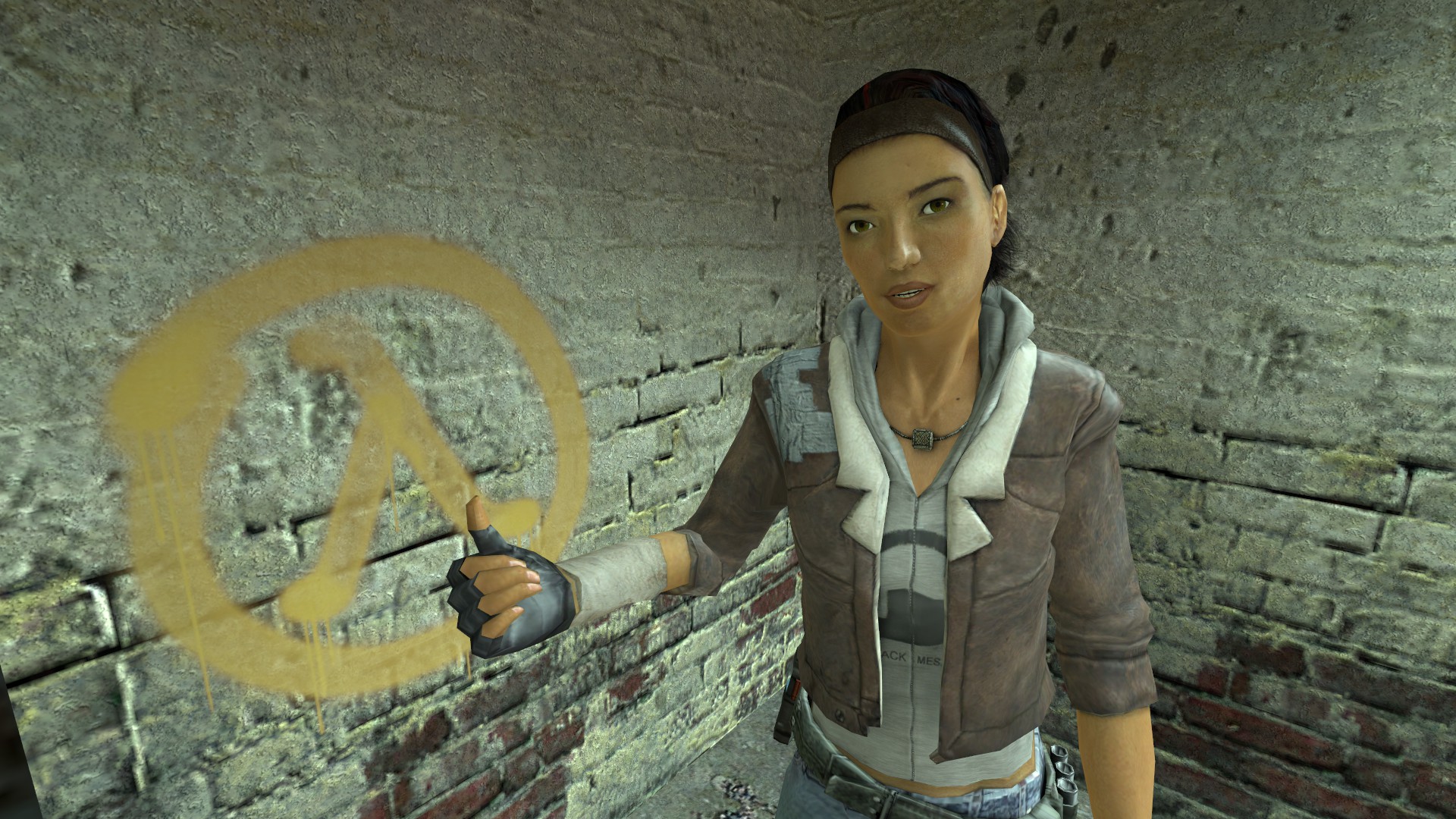
The Spiderwick Chronicles Season 1 Review
Urban fantasy, a mainstay of young adult entertainment since the popularity of a certain bestselling book series about a young wizard, finds charm and excitement in infusing a modern story with the timeless flavor of mythical creatures and magic from old wives’ tales. Sadly, that key element went woefully underused in The Roku Channel’s TV series adaptation of The Spiderwick Chronicles novels by Holly Black and Tony DiTerlizzi, which seems more interested in updating the setting very specifically to 2024 than it is with lacing it with fantastical fey creatures and mystery. Constant interruption from tossed-off lines referencing Gwyneth Paltrow’s Goop, pumpkin spice lattes, and people saying “slay” instantly stamp it with an expiration date, while appearances from the books’ menagerie are few and far between and show none of the imaginative flair of DiTerlizzi’s designs.
The three children are prototypical siblings: Simon (Noah Cottrell) is “the nice one,” his twin Jared is “the problem child,” and older sister Mallory (Mychala Lee) is “the overachiever.” While exploring the gorgeously designed sets of their new home full of antique mirrors and beaded lampshades, they discover a hidden magical world where the human residents are somewhat hilariously menaced by a shapeshifting ogre and part-time town psychiatrist called Mulgarath (played in his human form by an extra-smarmy Christian Slater).
As a fan of the books in my youth, I find the decision to age the kids up into their late teens questionable simply because it’s more difficult for these older characters to believably slip into the magic and mythmaking that comes so naturally to younger children. That said, it does allow them to deal with much more mature real-world themes, such as absent parents, deaths of relatives, and mental illness. The ability to see things that grown ups can’t is effectively used as shorthand for the typical teenage experience of not being understood by the adults whose world you are about to enter. Focusing on older characters also allows Spiderwick to be pretty scary at times: In a later episode, a person’s mouth is replaced by sprouting mushrooms like something out of The Last of Us.
There’s little room left for the actual fantasy parts of this fantasy series.
However, that leaves little room for the actual fantasy parts of this fantasy series, which means The Spiderwick Chronicles ends up employing its menagerie of magical creatures in the same way the Harry Potter spinoff series Fantastic Beasts does — which is to say, barely at all. The kids and their ever-increasing roster of new friends spend most of the eight 45-minute episodes on a scavenger hunt searching for the pages of a magical Field Guide, but only catching occasional glimpses of actual unicorns and fairies, whose visual effects I’m sure would look nice if they weren’t masked by dim lighting or distance. The Spiderwick house’s resident brownie, Thimbletack (a cat-sized, hobgoblin creature voiced by Jack Dylan Grazer), shows up sometimes to cause trouble, but is almost always invisible, and is portrayed as a childlike sidekick rather than a fully rounded character. Non-humans only appear for a scene or two per episode; rarely is there ever a sense that these beings are flitting about all around the humans, just out of sight. Maybe it’s for budget concerns or some other reason, but I can’t help but wonder why a show like this would be so allergic to showing off its cast of creatures.
There are moments when the series really shines, mainly when it’s introducing concepts and subplots not found in the source material. Blink-and-you-miss-it lines about plantations vs. redlining help to ground the show’s versions of these characters, who are Black. Care is taken to weave the cultural differences into the story naturally, such as the way a scene taken from the books, in which an invisible creature ties Mallory’s long locks to a piece of furniture, becomes a subplot for a few episodes about the intricate practice of natural hair care.
The show also attempts to broaden its cultural influences when it comes to blending mythologies. The grand entryway of Spiderwick is dominated by a giant manchineel tree, a deadly species of “death apple” popular in South American folklore. The kids hunt around town for concentric circle evil eye markings they call nazars, which are based on protection amulets found in Eastern European and Middle Eastern cultures. One exchange of dialogue equates what settlers would call an “ogre” with the Native American legend of the wendigo — both horned, humanoid beings with an all-consuming hunger for human flesh. (Though Mulgarath’s constant monologues about his desire to eat people sometimes veer dangerously close to Troll 2 territory.)






